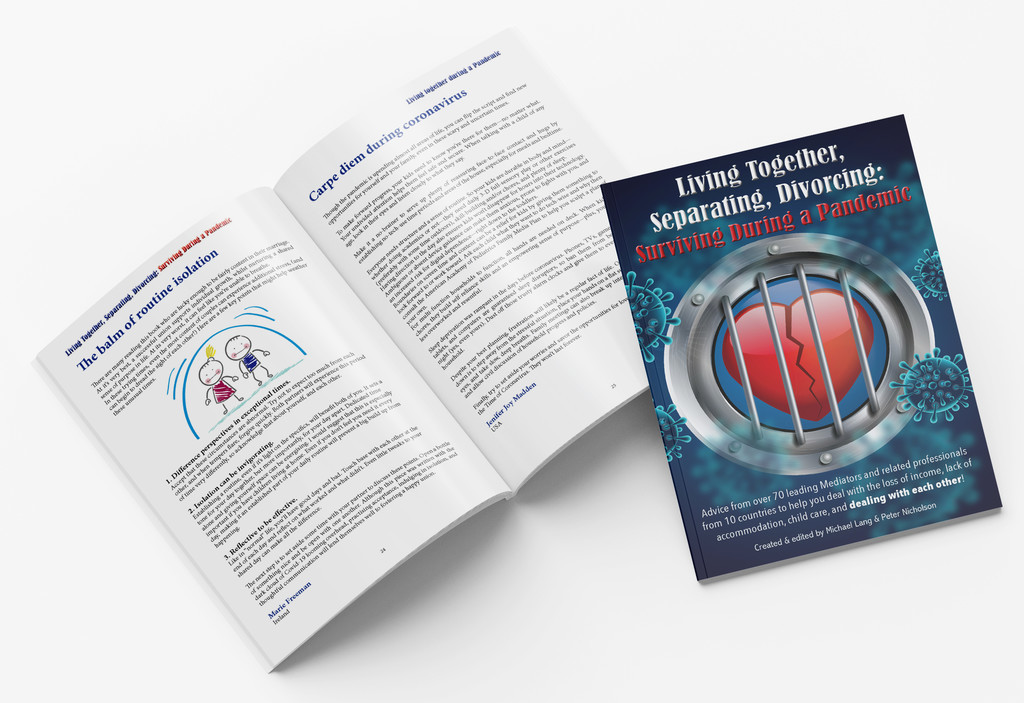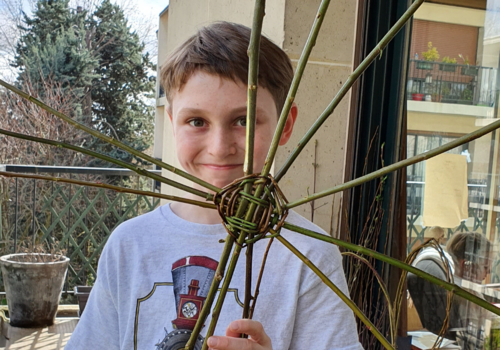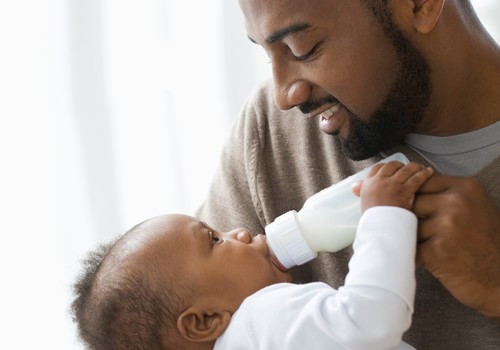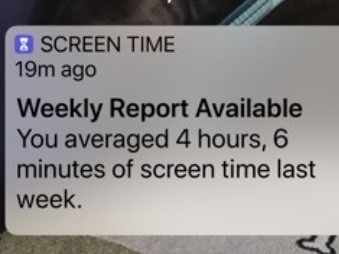
When the coronavirus shuttered the world, couples and families froze in place. For some, it was an unexpected opportunity to reconnect. Others felt trapped, especially those already in distress and thinking of splitting up. To help them, relationships experts from around the world rushed to create Living Together, Separating, and Divorcing: Surviving a Pandemic.
American family mediator Michael Lang and Irish book publisher Peter Nicholson wanted to “help families strained by forced confinement and shoved suddenly into reconfiguring their lives by the impact of COVID-19,” says Lang. So he put out the call. “It took about twenty minutes after he sent out a few emails before we got our answer,” according to Nicholson. “Leading mediators and related professionals stepped up to the challenge.”
After more than seventy experts quickly submitted their gratis advice, the book was compiled and published in only three weeks. The e-book is priced at $1.99, the lowest cost allowed by Amazon.

Start with Yourself
Coping with the crisis begins with you. Above all, writes U.S. psychologist and mediator Arnie Sheinvold, “treat yourself kindly.”
To keep your mind, body, and relationships durable, you need the basics of good nutrition, physical activity, and solid sleep. “By taking care of your own needs, you can ensure that you are in the best possible place to take care of your family during this emotional time,” says U.K. parenting advisor and author, Sue Atkins.
Keep tabs, also, on your thoughts and actions. While you may not be able to control what’s happening around you, you can manage your own response. “Don’t be reactive,” writes U.S. psychologist and mediator, Arnie Sheinvold. If you take a breath and remain calm, it’s more likely the family ship won’t capsize in stormy seas.
Canadian family mediator Mary-Anne Popescu finds inspiration from a refrigerator magnet with the words “Conflict is inevitable. Combat is optional.”
Continue reading





